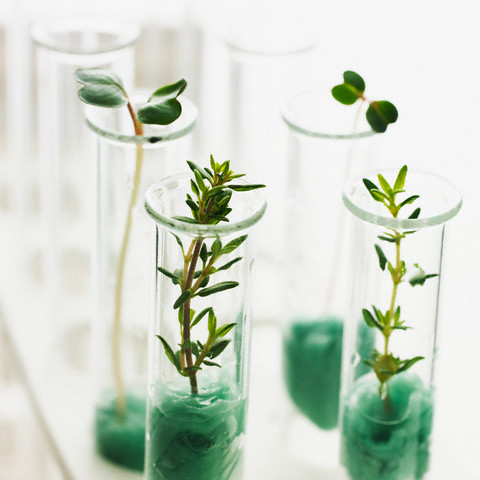International Journal of Pure & Applied Bioscience (IJPAB)
Year : 2017, Volume : 5, Issue : 4
First page : (1097) Last page : (1098)
Article doi: http://dx.doi.org/10.18782/2320-7051.5685
Soil Cultivation and Tillage in Organic Agriculture
T. Bharath1, G. Vijay Krishna2, Harshad Singh Thakur1 and N. Nalini3
1PJTSAU, Hyderabad;2 2SKLTSHU; 3Ph.D Scholars, Hyderabad
*Corresponding Author E-mail: bharath032@gmail.com
Received: 27.07.2017 | Revised: 4.08.2017 | Accepted: 5.08.2017
POPULAR ARTICLE
CREATING GOOD GROWING FOR CONDITIONS FOR PLANTS
There are many reasons for cultivating the soil. The most important ones are to
- Loosen the soil to facilitate the penetration of plant roots
- Improve the aeration (nitrogen and oxygen from the air)
- Encourage the activity of the soil organisms
- Increase infiltration of water
- Reduce evaporation
- Destroy or control weeds and soil pests
- Incorporate crop residues and manures into the soil
- Prepare the site for seeds and seedlings
- Repair soil compaction caused by previous activities
MINIMUM DISTURBANCE
- Any soil cultivation activity has a more or less destructive impact on soil structure. In tropical soils, regular tillage accelerates the decomposition of organic matter which can lead to nutrient losses. The mixing of soil layers can severely harm certain soil organisms. Soil after tillage is very prone to soil erosion if left uncovered before the onset of heavy rains
- Minimum tillage systems on the other side help to build up a natural soil structure with a crumbly top soil rich in organic matter and full of soil organisms. Nutrient losses are reduced to a minimum as there is no sudden decomposition of organic matter and nutrients are caught by a dense network of plant roots. Soil erosion won‘t be a problem as long as there is a permanent plant cover or sufficient input of organic material. Last but not least, farmers can save a lot of labour
- Thus, each organic farmer will have to assess the soil cultivation practice which is most suitable for his/her conditions. To minimize the negative impacts of soil cultivation while benefiting from its advantages, the organic farmer should aim on reducing the number of interventions to the minimum and choose methods that conserve the natural qualities of the soil.
Full Text : PDF; Journal doi : http://dx.doi.org/10.18782
Cite this article: Bharath, T., Krishna, G.V., Thakur, H.S. and Nalini, N., Soil Cultivation and Tillage in Organic Agriculture, Int. J. Pure App. Biosci.5(4): 1097-1098 (2017). doi: http://dx.doi.org/10.18782/2320-7051.5685





